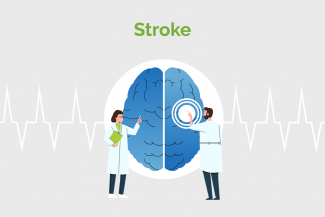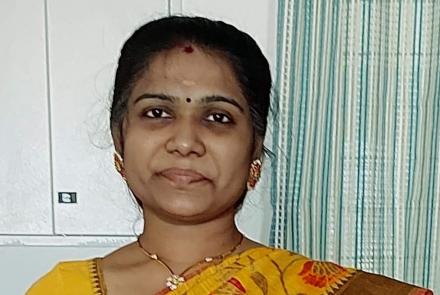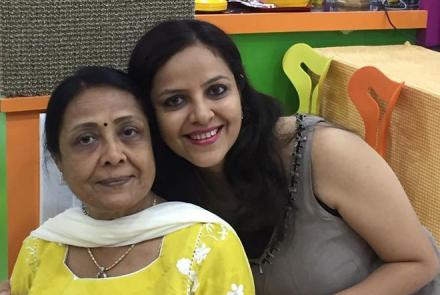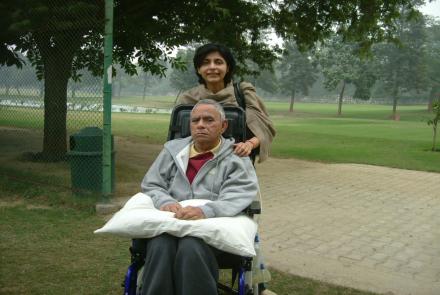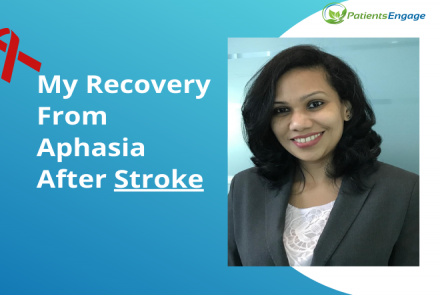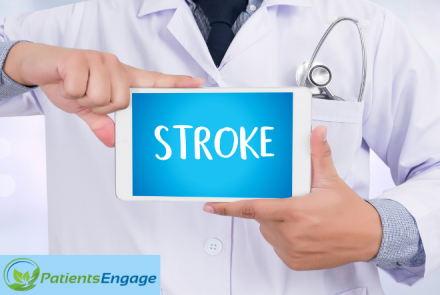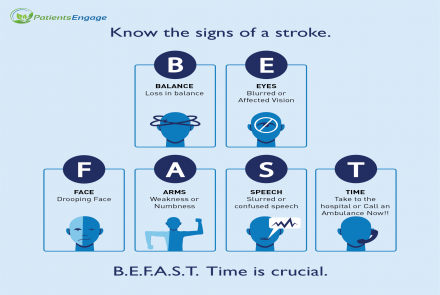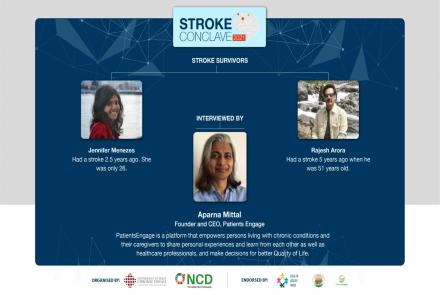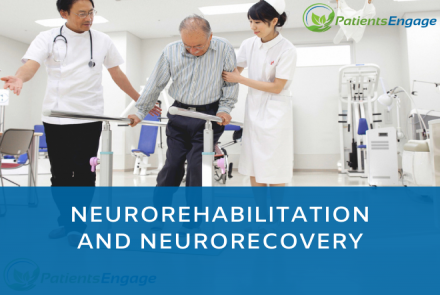A stroke is caused by the interruption of the blood supply to the brain, usually because a blood vessel bursts or is blocked by a clot. This cuts off the supply of oxygen and nutrients, causing damage to the brain tissue.
The effects of a stroke depend on which part of the brain is injured and how severely it is affected. A very severe stroke can cause sudden death.

In addition to Treatment and Rehabilitation, the following aspects are equally important
Nutrition
- Eat like a Mediterranean (fresh fruits and vegetables, whole grain foods, lean meats and poultry, fatty fish once or twice a week)
- Cut fat intake
- Limit your alcohol consumption
- Limit salt intake.
Exercise
Make exercise a habit as soon as the doctor gives you the go-ahead. Exercise at least 30-40 minutes every day. Exercise will help you maintain an ideal weight and lower fats in the body. This helps prevent heart attacks and future strokes.
NOTE: Have regular health check-up after the age of 40.
Take charge: Your action plan
- Know your blood pressure : If it is elevated, work with your doctor to keep it under control. High blood pressure is a leading cause of stroke. Have your blood pressure checked at least once each year; more often if you have a history of high blood pressure
- Know your cholesterol number : If it is high, work with your doctor to control it. Lowering your cholesterol may reduce your stroke risk. High cholesterol can also indirectly increase stroke risk by putting you at greater risk of heart disease - an important stroke risk factor. In many cases, high cholesterol can be controlled with diet and exercise; some individuals may require medication.
- If you smoke, STOP. Smoking doubles the risk for stroke. If you stop smoking today, your risk for stroke will begin to decrease. BE INSPIRED by Asok Mitra
- Include exercise in the activities you enjoy in your daily routine. A brisk walk, swim or other exercise for as little as 30 minutes a day can improve your health in many ways, and may reduce your risk for stroke.
- Enjoy a lower salt, lower fat diet. By cutting down on sodium and fat in your diet, you may be able to lower your blood pressure and, most importantly, lower your risk for stroke.
- Act FAST. If you have any stroke symptoms, seek immediate medical attention.
Know Your Support team – Who can help you stay healthy?
- General physician
- Neuro physician
- Neurosurgeon, if required
- Therapists as required
- Fitness expert
- Dietitian
Changed
10/Feb/2022
Condition

